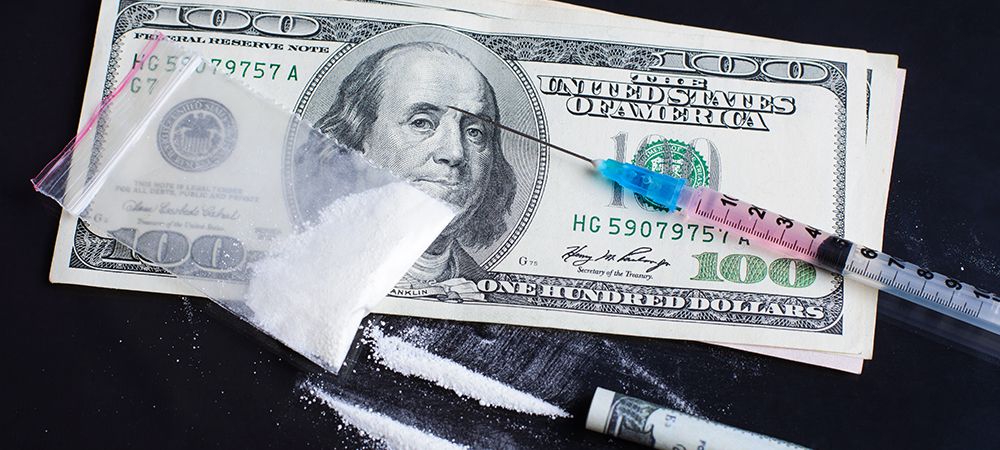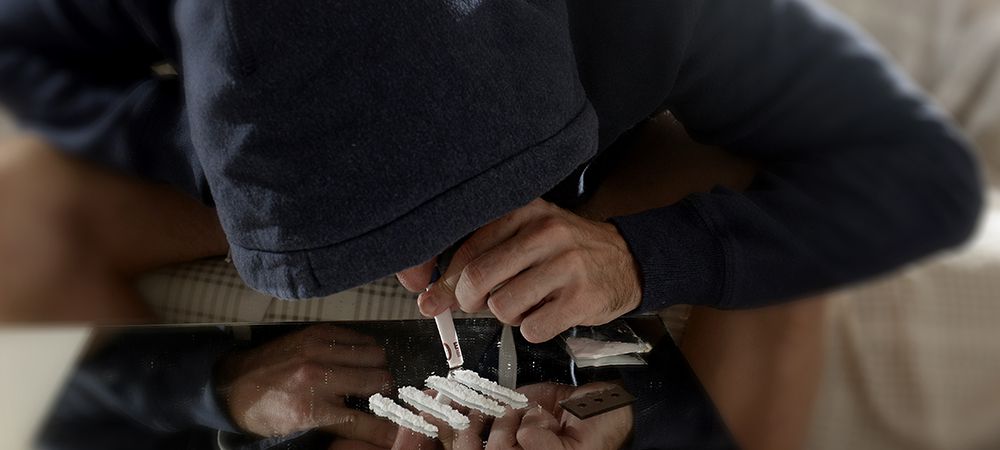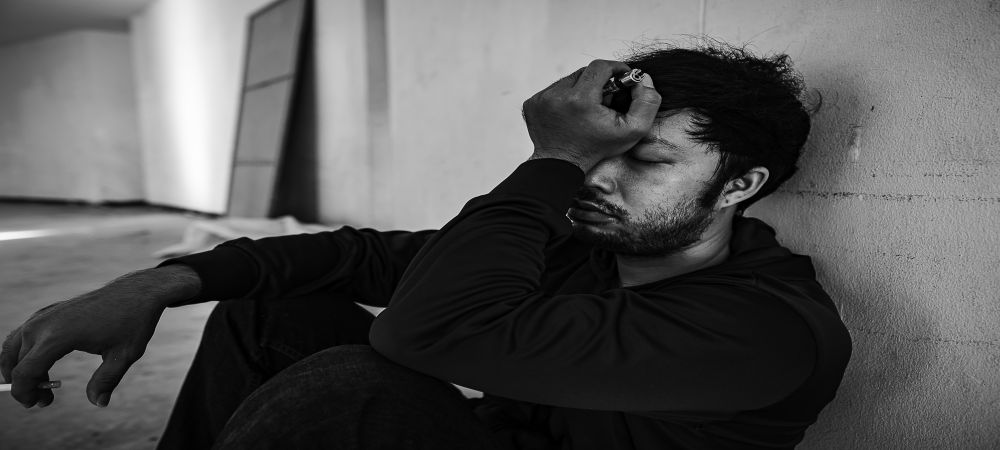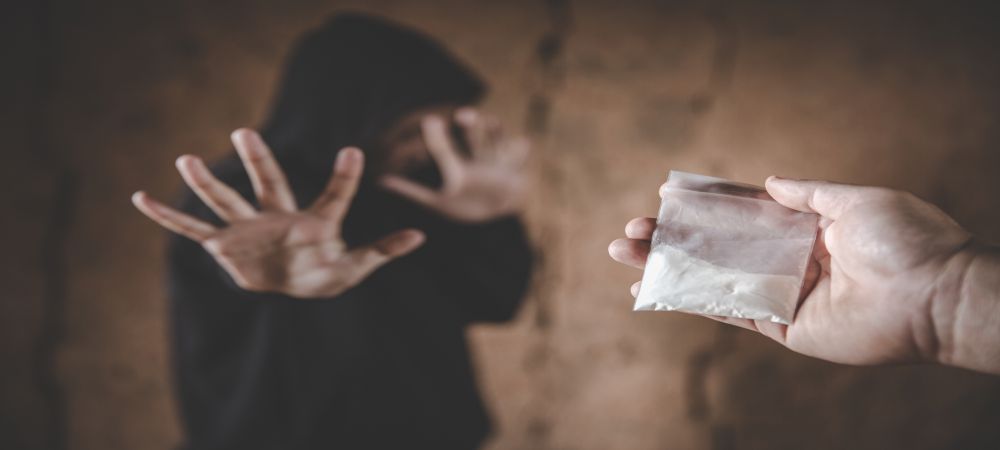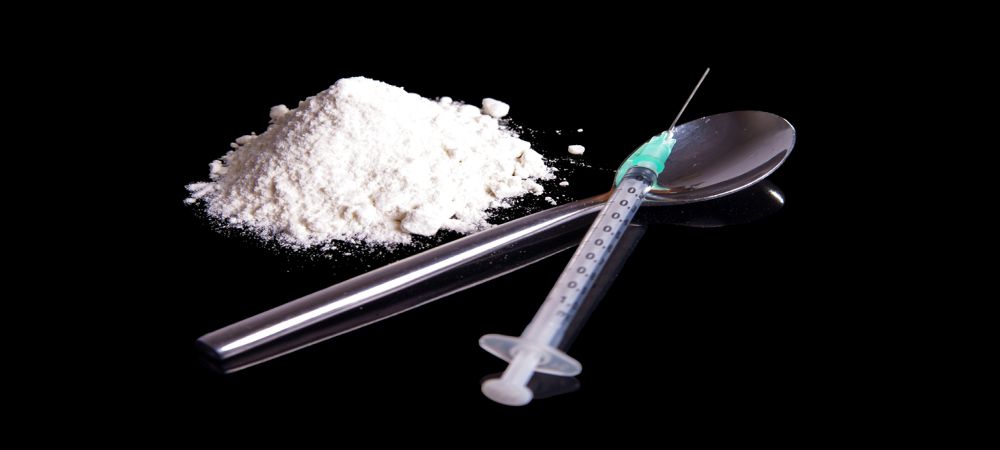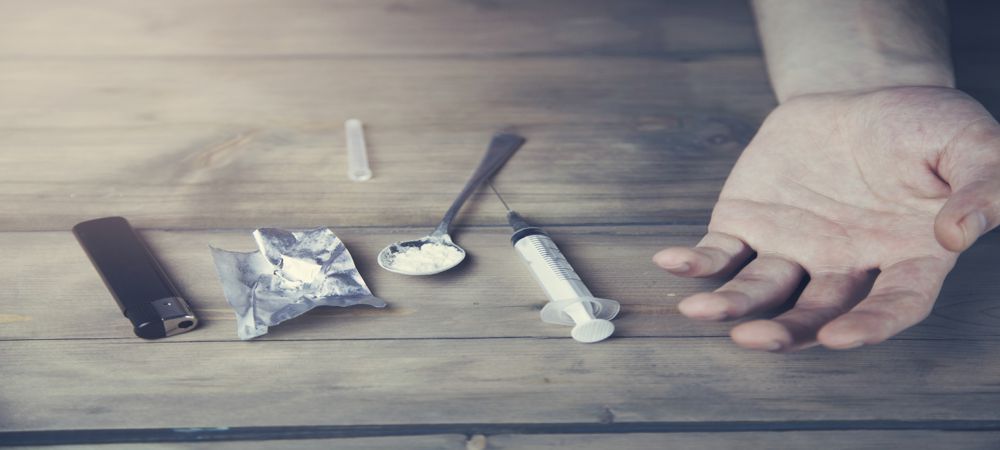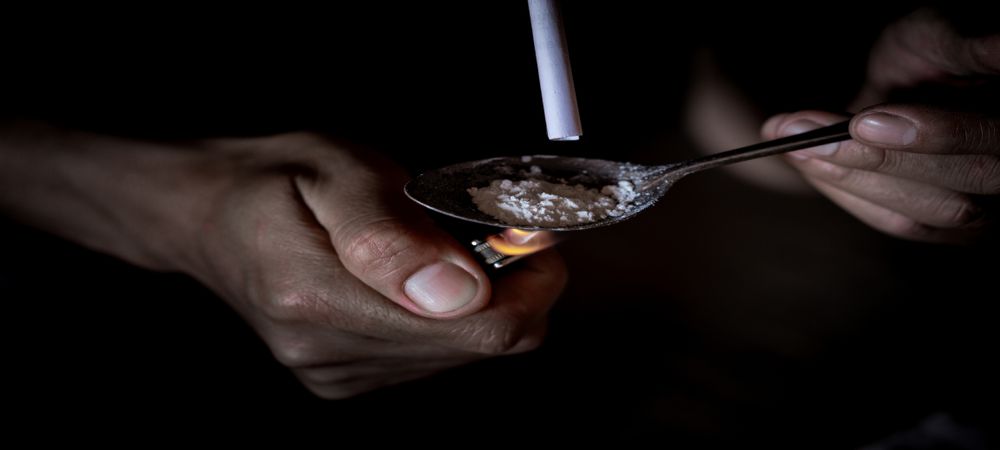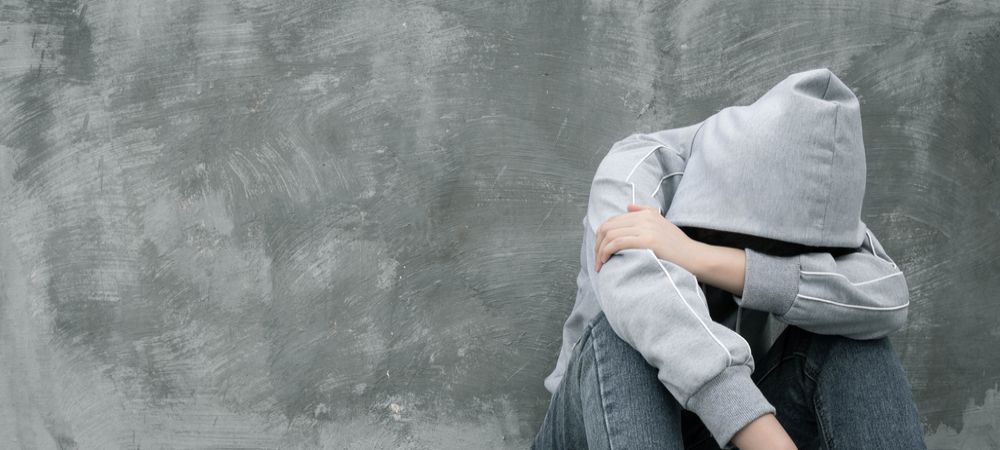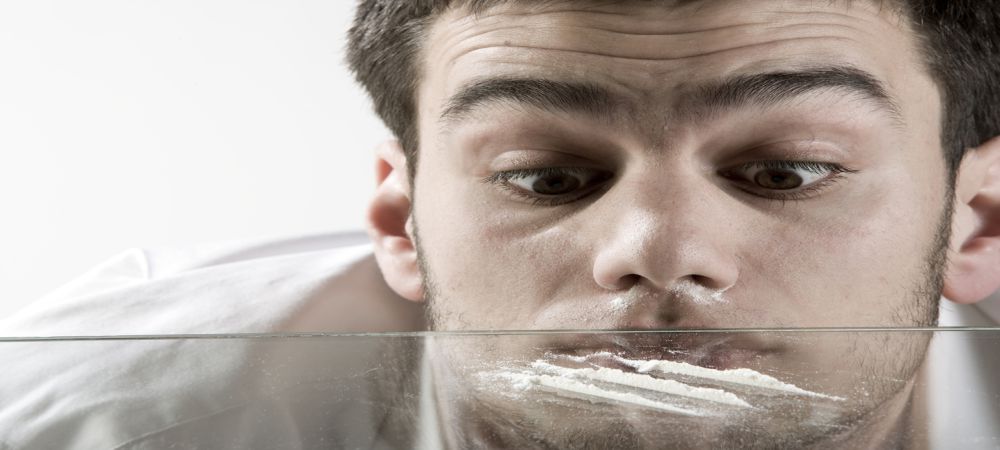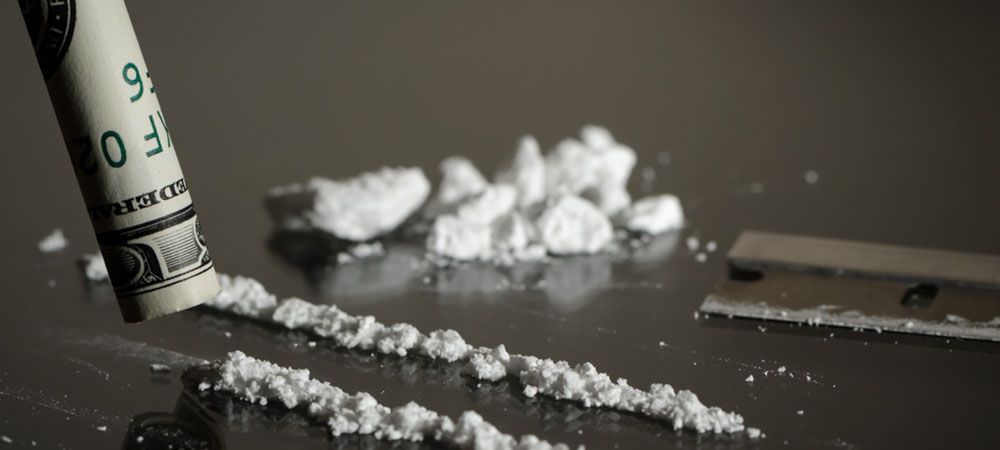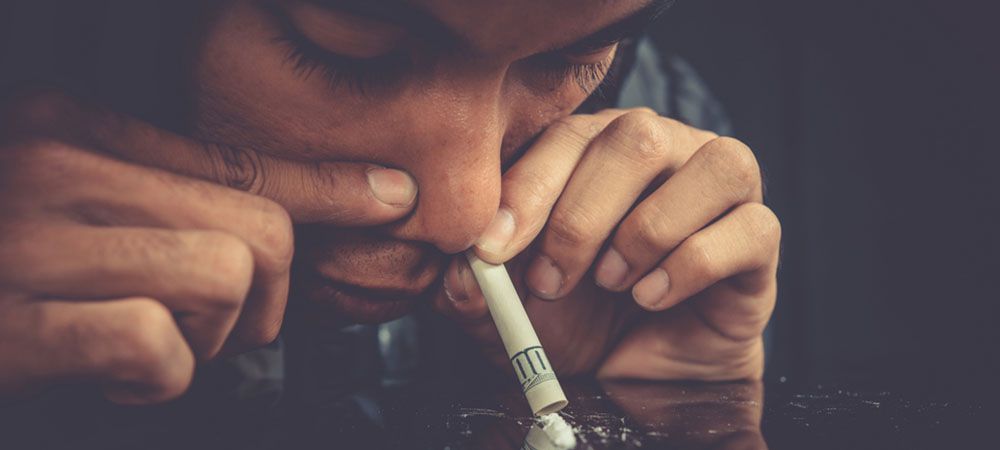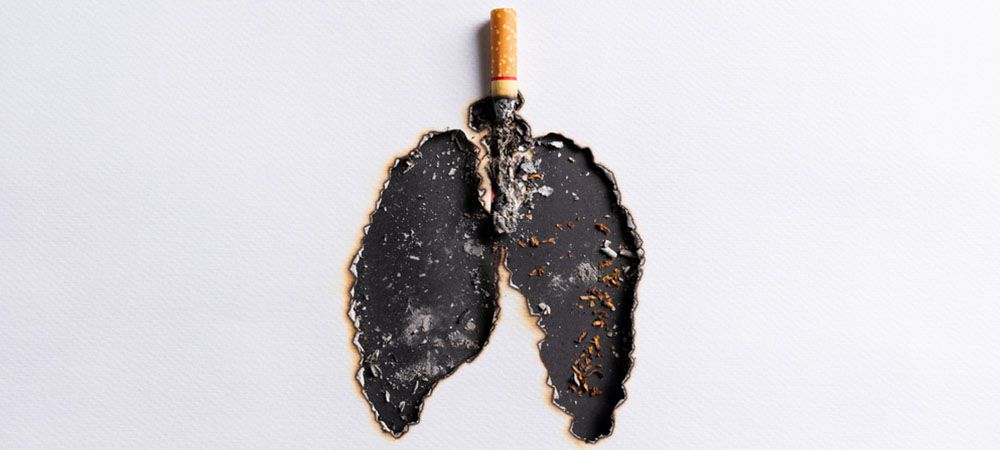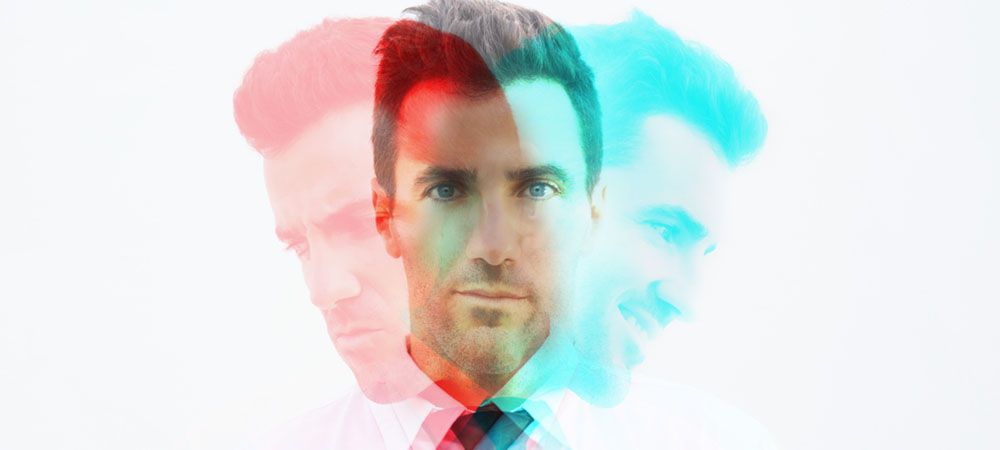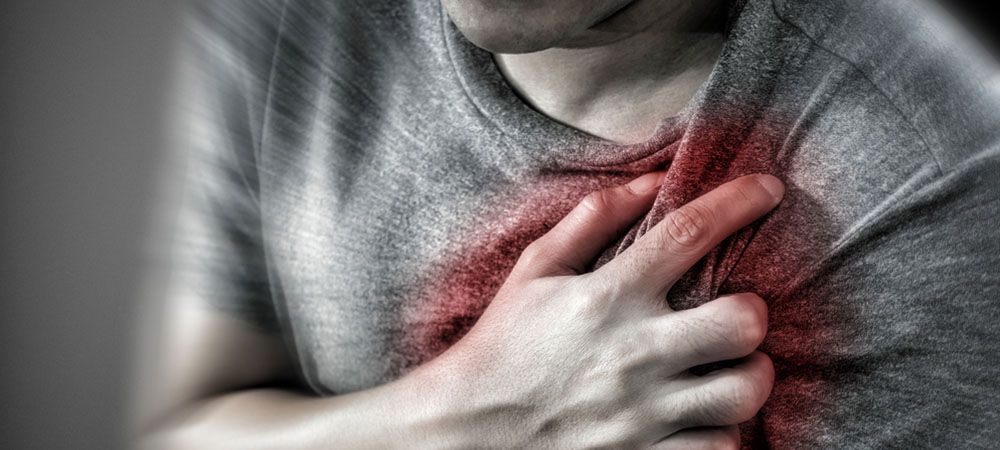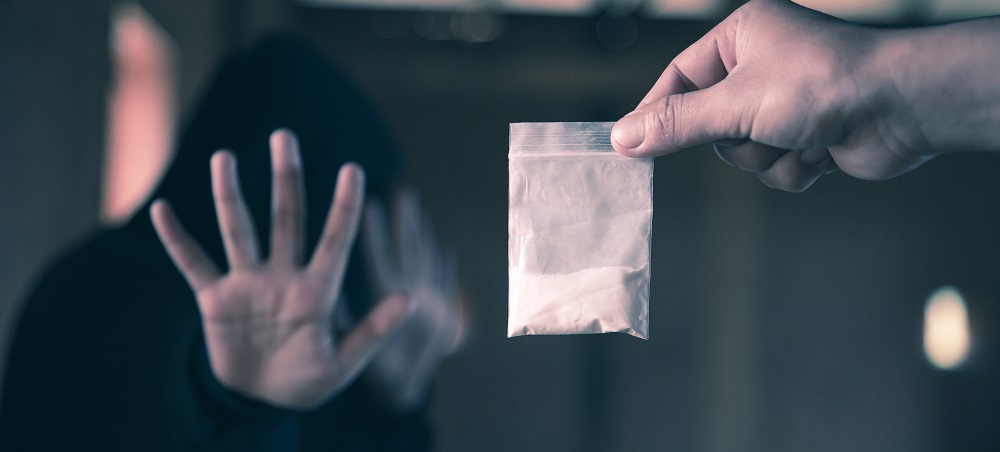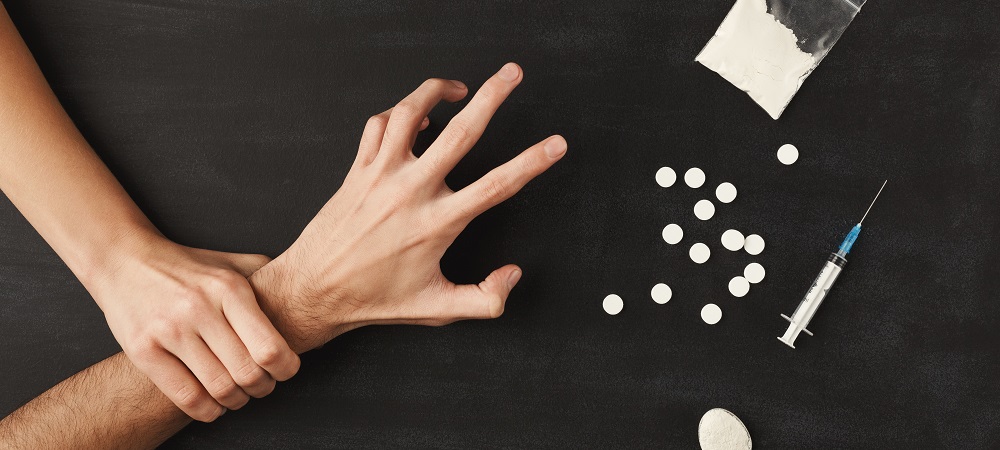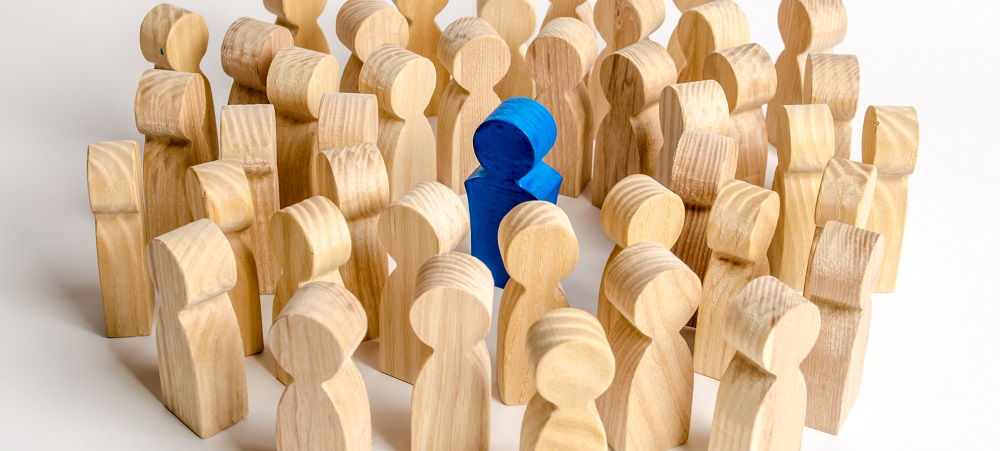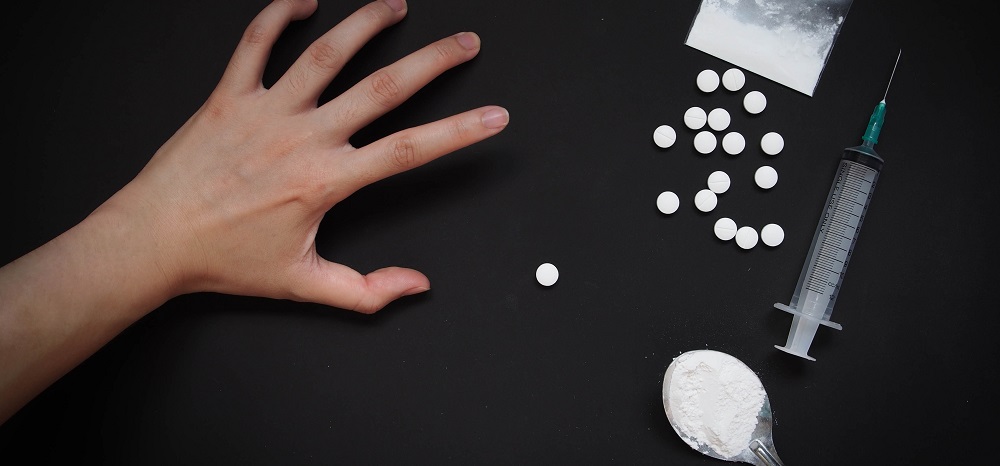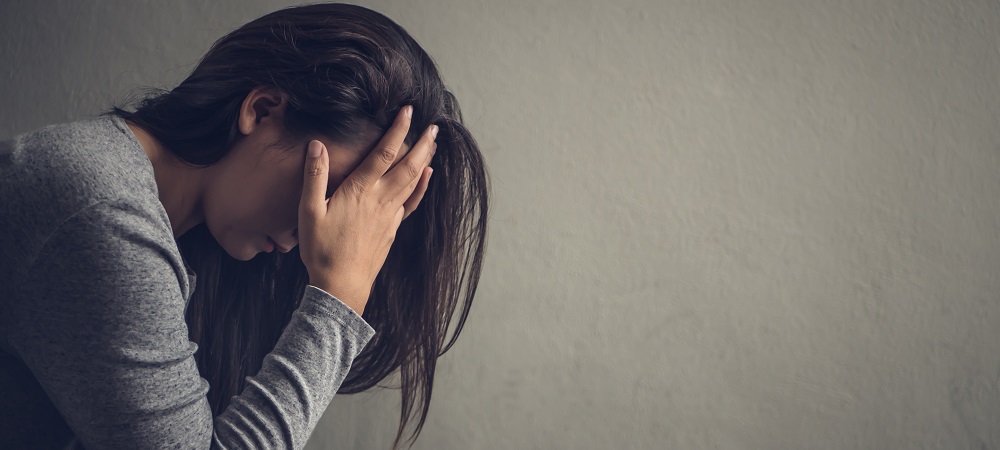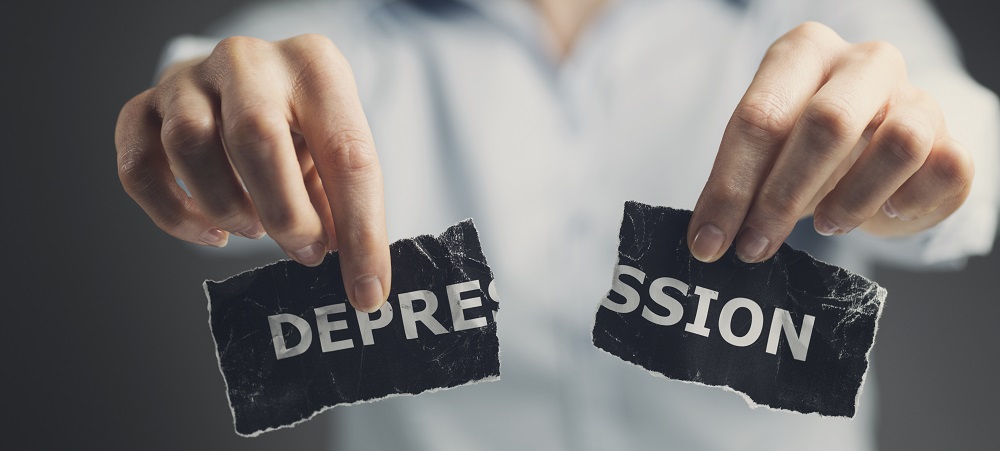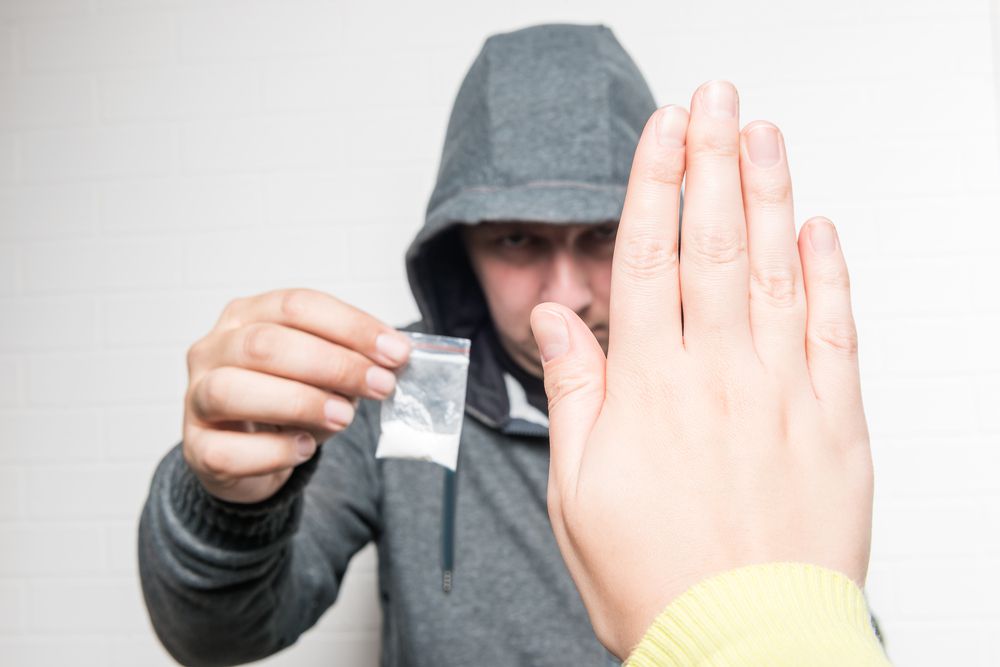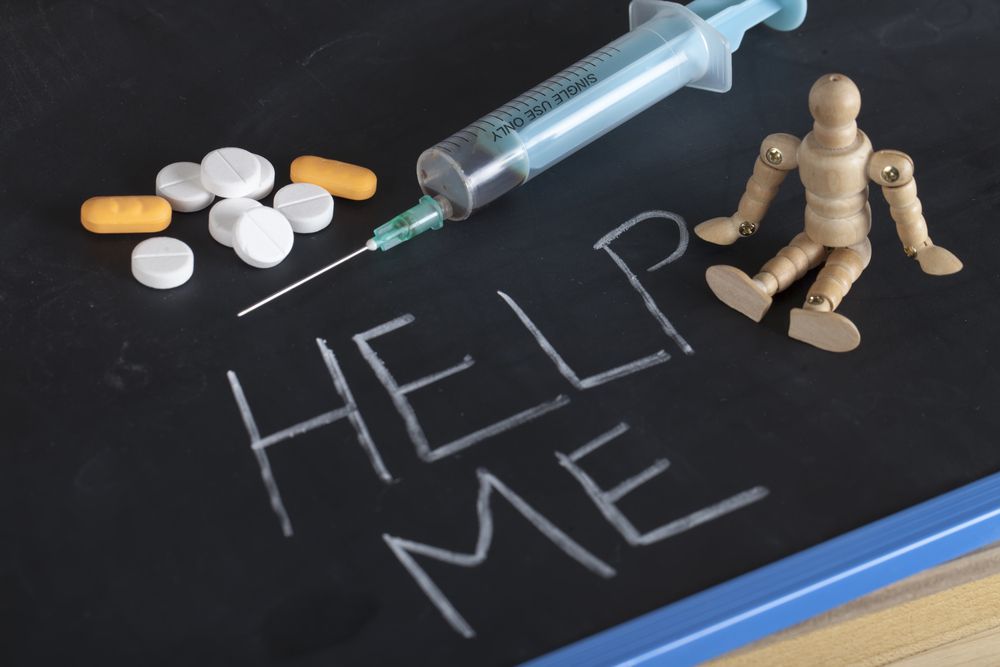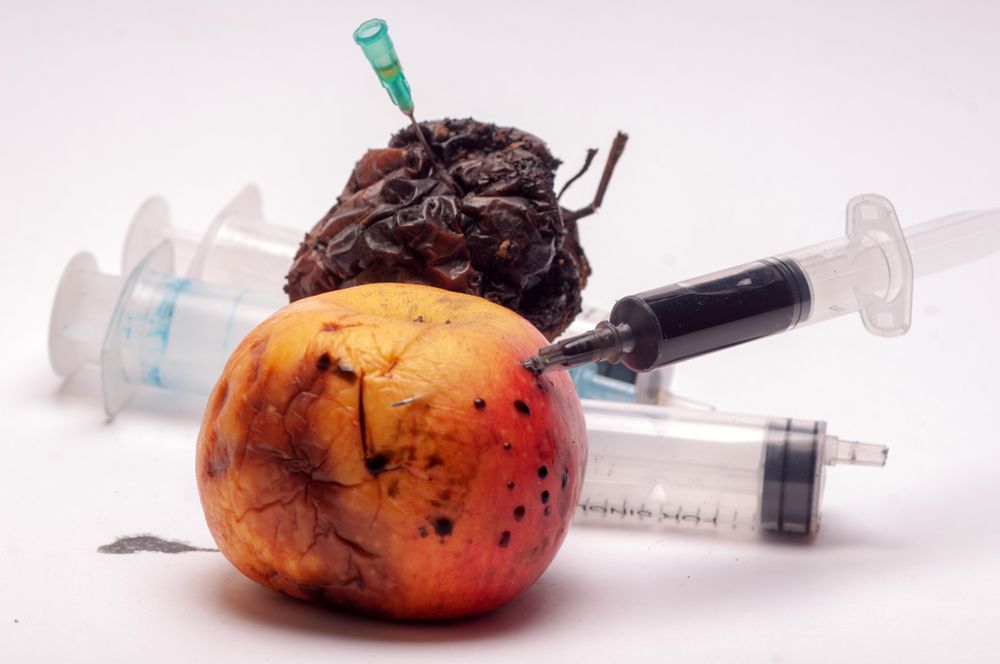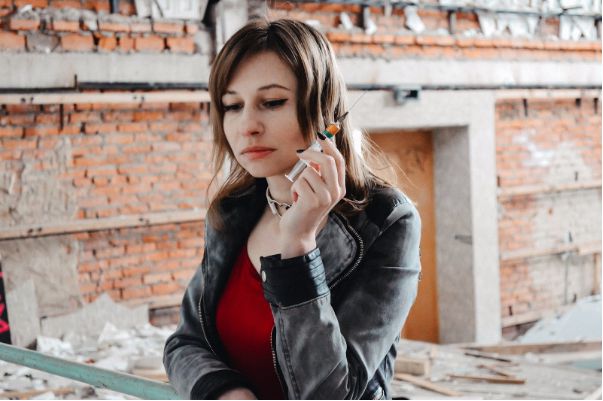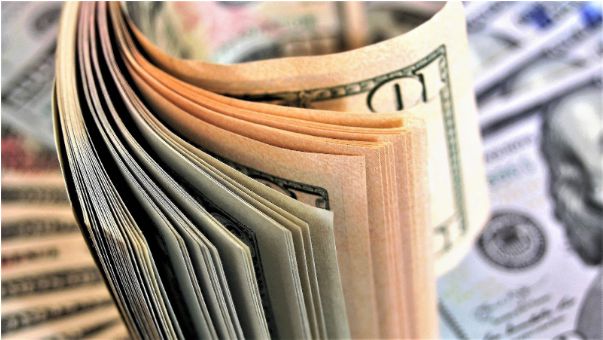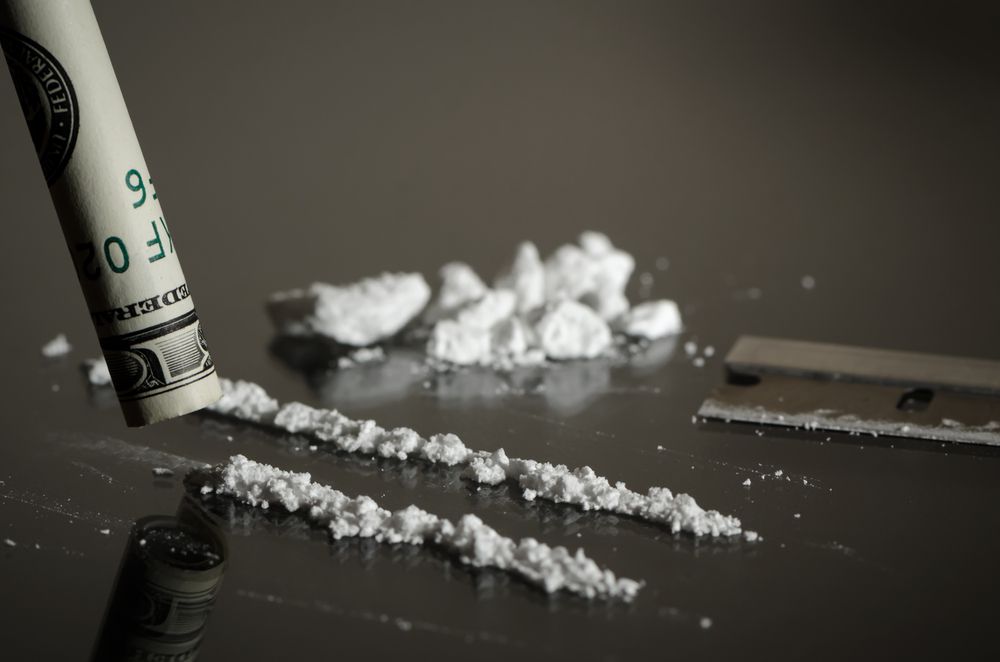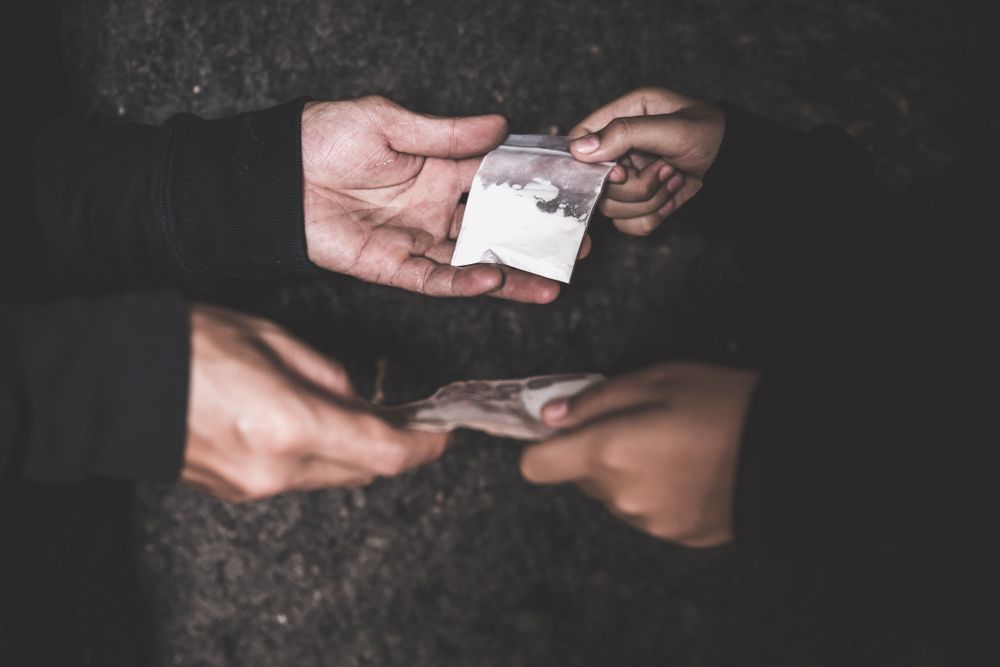The cost of cocaine addiction rehab is nothing compared to the expenses that come with a regular cocaine habit. Regardless of the unique situation that led to cocaine abuse, you deserve recovery. No matter how hard it proves to be, it’s the only good you can do for yourself now. Cocaine addiction will only leave you a shadow of yourself.
When discussing the cost of cocaine addiction services, you’ve got to remember it’s a one-time fee. Once you attain sobriety, you may never have to pay for a rehab program again. It’s an expense that’s well worth the investment.
We understand you may want to plan for your time at a cocaine rehab centre. Therefore, it’s likely you have questions about the pricing and how much you’ll end up paying for rehab. In this blog, we’ll answer all of your questions regarding pricing for cocaine rehab.
But first, let’s take a closer look at what happens at cocaine rehab. This is the first factor that determines how much you’ll pay for cocaine rehab.
What is Cocaine Addiction Rehab Like?
Before we delve into the pricing for cocaine addiction treatment, you need background information. Firstly, you need to know what the experience is like in a cocaine rehab centre. How comprehensive your experience is will influence the cost you’ll incur.
As regards experience, cocaine detox and rehab services may differ from one another. The easily noticeable differences are the type of amenities on offer. While some rehabs fall into the category of luxury centers, others are pretty basic. Luxury rehab centers feature amenities like a swimming pool, gym or a spa. Typically, basic centers are devoid of these.
On the flip side, rehab centers also have several similar experiences, which we will discuss in this section. This will give you a general idea of what to expect in there, especially if you will be admitted to a cocaine rehab center.
If your cocaine addiction is chronic, you’ll have to go through cocaine rehab as an inpatient. If not, you’ll be able to come from your home for weekly sessions. Being admitted means you are an inpatient. Weekly sessions from your home mean you are an outpatient.
Your treatment will be unique
This is one of the first things the specialist will help you understand. Your treatment is unique. You will most likely not get the same treatment roadmap as a friend.
This is due to differences in physiological makeup. Your body is different from that of your friend. Furthermore, your cocaine abuse patterns and their influence on your body are different. Hence, if the thought of using a friend’s rehab medication ever crosses your mind, don’t.
Your therapy will also be unique. This is why a proper consultation step with a cocaine addiction specialist should not be skipped. Don’t try to self-medicate, as this may prove either futile or detrimental to the cause.
You should only take the medication and therapy your specialist recommends. Depending on the treatment plan, the eventual cost of your cocaine addiction rehab may be more affordable than your friend’s.
Detoxification
This is the first stage of cocaine rehab post-consultation. During this stage, your care provider will rid your body of cocaine and its by-products. With regular cocaine use, your body will store cocaine within and between cells. This is what causes a high tolerance to the substance.
By the end of the detoxification process, there’ll be zero cocaine in your body. Although, depending on your addiction level, this stage will come with severe cravings. At this point, you’ll exhibit the following withdrawal symptoms;
- Inability to concentrate
- Reduced thinking speed
- Physical fatigue
- Exhaustion
- Inability to get sexually aroused
- Depression
- Anxiety
- Increased appetite.
- Suicidal thoughts
During detoxification, you should remain within the easy reach of medical personnel. Proximity makes it easy to monitor you and administer medications to help you through detox. Hence, if you have the time and can afford it, inpatient cocaine addiction treatment is best.

Therapy
At the time of writing this, therapy is still the most effective cocaine addiction treatment technique. Hence, you should expect a lot of therapy sessions. You’ll get frequent individual sessions with licenced and experienced therapists. Sometimes, you’ll also have to attend group sessions, which are mostly in the mornings and afternoons.
If you truly want to enjoy the results of paying the cost of cocaine addiction rehab, be ready to be vulnerable. Together with a counsellor, you’ll explore previous behavioural patterns to unlearn those that encourage cocaine abuse. So you see, there’s a lot of honesty and conversation involved.
Support
There are several ways to get the support you need during cocaine rehab. You can get support from your immediate family, your friends, colleagues, and health workers at the rehab center. Support is important because there are times when your motivation is not enough to keep you going. Cocaine addiction recovery can be pretty tough and you’ll need help from others.
You especially need all the support you can get if you are an outpatient. You need family members to keep your immediate environment devoid of triggers.
You need to stay away from friends who still use cocaine. Most times, your will alone cannot achieve this. No matter how “weak” it may seem, you need to seek help. Recognizing the need and asking for assistance is a brave thing to do.
12-step program
You’ll most likely have heard of this from scouring the internet, or from watching a movie with characters dealing with addiction. The 12-step program involves several principles with a clear course of action you need to follow on your journey to and through recovery. These actions have been proven to be effective for others, and if you put in the work, you’ll certainly reap the benefits.
Related Article: Why You Should Not Attempt Cocaine Withdrawal On Your Own
What to Prepare before Going for Cocaine Addiction Rehab
The good news is your search for the average price of cocaine addiction treatment is part of preparing for cocaine rehab. How you prepare for rehab depends on you, and the things you need to put in place. It also depends on the type of treatment you are getting.
What inpatient treatment will require of you certainly differs from what outpatient will. As such planning for both programs will happen through different routes.
Make sure your family and work obligations are sorted
Once you know that the cost of cocaine rehab is worth it, you should put your house and job in order. This may get tricky, especially if you are working in a company that’s not yours.
We can only estimate how long cocaine recovery will take. Hence, it may be difficult for your employers to allow you to take an indefinite leave. But if your employer is considerate and invested in your journey, it’s a possibility.
At your job, you should also try to orientate your potential cover. This also applies to your family. If you have children, you can’t just leave them all alone. You should either get them a caregiver or put them up with a family you can trust.
Bottom-line is that you should make sure family and work are properly sorted before you leave for cocaine rehab. Those are two fewer things to worry about during cocaine rehab.
Sort finances
Before you visit a rehab facility, ensure you have sorted all your financial concerns. You should have the fee for the rehab program. If you are leaving those you are responsible for back home, provide them with the financial resources to thrive without you.
Sorting your finances before leaving also helps you prepare for your return. Imagine completing rehab and next thing you’re dealing with financial issues. Stress from finances and other life issues is one of the main reasons many people indulge in cocaine abuse.
Pack only the essentials
Even if you are going in for inpatient treatment, you shouldn’t pack all of your wardrobe. Even if you enroll in a 3-month cocaine rehab program. You should ensure you only pack essentials. No matter how tempted you are to pack more, don’t.
Take a few clothes and a few other stuff that is in no way related to cocaine or its use. There will be a lot to do in rehab. So, you won’t even have time to use all the things you use at home. You can also go with a couple of books in case you ever get bored.
Relax your mind
Going for rehab changes your daily activities, but you shouldn’t be stressed by this. The cost of cocaine addiction rehab is another reason you can end up stressed. Hence, make sure you are only opting for a facility you can easily afford. When you cut your coat according to your cloth, you won’t be so stressed.
Journal
This is a great way to keep track of your recovery journey. Journaling your recovery journey is more like a letter to yourself. In this journal, you can list your goals and aspirations. You can mark these out whenever you achieve them.
When journaling, you should be as real and in-depth as possible. That’s the only way the details will resonate when you read them later in the future. Mostly, it’s not a major expense. Journaling does not add to how much cocaine rehab programs cost.
The Type of Cocaine Addiction Rehab and Respective Cost
There are two major systems of cocaine rehab you can enroll for; inpatient and outpatient rehab. The care on offer from each program differs, which in turn, influences the cost you’ll incur. Below is an estimate of the cost of different cocaine rehab programs in Toronto.
Cost of Detoxification
As explained above, detoxification is the first step in recovery. If you are an outpatient, this may cost between $1000 and $1500. You should know that as an outpatient, this cost is calculated separately.
However, for inpatients, it is calculated and collated with the other costs. Hence, it’s hard to specify how much inpatients will pain for detox during cocaine rehab.
Cost of inpatient Rehab
The duration of your rehab determines the overall cost of treatment. On average, can spend between 30 and 90 days at a cocaine rehab center. In some cases, the specialist may even require that you stay for a while more. This occurs when you don’t respond to treatment quickly.
For normal centers, the cost of a 30-day rehab program is about $6000. However, for luxury centers, it may be about $20000 for 30 days. If you will be spending between 60 to 90 days in the rehab center, then the cost for normal rehab ranges between $12000 and $60000.
Cost of Outpatient rehab
If your cocaine addiction is not chronic, outpatient rehab is best for you. Because you won’t have to live in the facility, the cost is cheaper. Hence, you’ll be able to find programs of $5000 for three months.
There are, however, some cocaine outpatient programs that cost about $10000. Of course, this depends on the specialist you are consulting with. It also depends on the frequency of your treatment sessions.
Cost of Cocaine rehab medication
Medications for cocaine rehab may cost over $4000. Note, there are cases where you won’t need medication for your treatment. In this case, how much is required to treat cocaine abuse in Toronto will be lower. The overall cost of medication also depends on how long you’ll be using the medication.
Factors that Influence the Cost of Cocaine Addiction Rehab
Several factors influence the cost of cocaine addiction rehab in Toronto. Therefore, when looking to create a budget you need to consider each of these factors in Toronto.
The cost given on this page is simply an estimated average. The exact cost you’ll incur may be lower or more. Only you can find out when you consider these factors.
Type of therapy
There are different types of therapy your specialist may leverage for successful cocaine rehab. In some cases, your therapist may even decide to combine different therapies for you. Hence, you need to first have a proper consultation with the specialist you have in mind.
From the diagnosis the specialist makes, they’d be able to know what will work for you. You should also make sure it’s not a specialist trying to exploit you by suggesting therapies you don’t even need.
The best way to avoid this risk is to check the track record of the facility. Check out reviews online, or find someone that has gotten treated in the facility before.
Medications
At different points of recovery, medications may be administered to you. These come at varying prices. The most critical stage of recovery where you need medication is detox. Remember, you shouldn’t just take any medication. Make sure it’s prescribed by the doctor.
Type of facility
Cocaine rehab facilities come in different forms and classes. Some are outright luxurious, and others are more affordable. You should go to one that fits your budget. You shouldn’t spend money you don’t have, especially since you won’t be working during rehab.
Top facilities feature numerous amenities. The living conditions are considerably better than normal facilities. You may have access to a swimming pool, basketball court, amongst other amenities that can make your stay more enjoyable.
Finding out what amenities are situated in a facility is easy. With quick online checks, you’ll find the information you need. The facilities available directly influence the cost of cocaine addiction services.
Frequency of outpatient sessions
The number of times you have to visit the specialist per week directly influences the cost. As you’ve probably figured, this is only applicable to outpatient treatments. Though most facilities don’t price their services per session, some do. Hence, you need to find out where your facility of interest stands on this.
Extra activities

Recovery is a lifetime journey. Once you are done with the rehab facility, you’ll have to spend the rest of your life preventing a relapse.
Many people relapse during treatment. However, to cope with cocaine cravings, therapists may introduce you to different mechanisms. Most times, these mechanisms will cost you money.
All these little details matter in therapy, and have been proven to be effective. However, being able to keep up with this costs money.
Program length
This is another important factor to consider. If your program extends beyond the standard price option, you’ll have to pay more. More often than not, inpatients may have extended timelines. If the treatment period does not extend beyond 30 days, it’s ‘short-term’.
If you opt for this at the beginning of treatment, you have to be ready to put in the work. That’s the only reason you won’t have to pay more.
Long-term treatments on the other can last 90 days and more. If addiction issues persist after this period, you’ll incur extra costs that will most likely be charged at the standard rate.
Your other health conditions
The cost of cocaine addiction rehab can go up significantly if you have other underlying conditions. Most times, these conditions are discovered during the initial consultation. Common health conditions that therapists have to treat alongside addiction come in the form of mental disorders. This will require further services, which will be charged separately.
How to Afford Cocaine Rehab Cost in Canada
If you suffer from addiction, there is a high tendency that it has somehow affected your finances. Addicts are known to have work-related problems due to addiction.
And since the craving is always so intense, you’ll probably have to overdraft your account to just afford some more cocaine. This act of making poor financial decisions will probably leave you incapable of footing the cost of cocaine addiction rehab. Hence, you may need help.
In Canada, here are the options available to you.
Private Insurance
Most of the health insurance policies out there have extensive coverage. With the help of a lawyer, you should be able to get the insurance company to pay for your addiction treatment. This will not be easy, as insurance companies always hope they don’t get to pay for anyone. A proper lawyer should be able to help you get things running with the company covering your expenses.
You should ensure you go for a professional assessment before you choose a rehab center. This will allow the insurance company to calculate the cost of treatment. It’s after the assessment that the insurance company will help you search for a rehab that meets your addiction needs.
If at all you want to get in conversation with a specialist, ensure you get a pre-approval form. If you find anything confusing, speak with a lawyer.
Related Article: How to Quit Cocaine Addiction
Final Take
Now that you know the cost of cocaine addiction rehab in Toronto, it’s time to put your will to action. Don’t just close this page and go back to using cocaine. You need to take the next steps to sobriety.
Here at 1000 Islands Rehab Centre, we are home to cocaine addiction treatment specialists with the expertise to provide effective treatment. Best of all, we offer affordable pricing packages.
Let’s help you chart a cocaine rehab plan that will address all of your addiction and related issues. Get in touch with us today!
